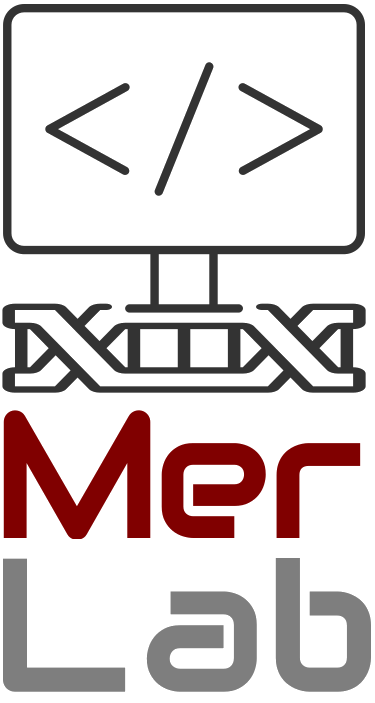Research
High throughput omics technologies are revolutionizing our knowledge of molecular mechanism and disease biology. These profiling methods produce a large amount of data. Analyzing and mining this data for biological knowledge is very challenging. Our group is developing machine learning and artificial intelligence methods for high throughput omics data analysis.
Personalized medicine in cancer:
In personalized medicine, therapeutic strategies are tailored based on the patient's genomic profile. The promise of personalized cancer medicine is to provide a precise and rapid treatment decision. The key challenge in cancer personalized medicine is to identify biomarkers that can predict drug response from the genomic profile of a tumor. Our research program aims to address these challenges using machine learning and artificial intelligence methods.
Single-cell sequencing data analysis:
Next-generation single-cell sequencing technology provides a higher resolution information about individual cells. This allows us to characterize the heterogeneity of biological samples, understand cellular mechanisms and identify the sources of drug resistance in disease. We are developing machine learning based computational methods for single cell level sequencing data analysis.
Drug repurposing:
Drug development is very expensive and time consuming. It takes approximately 12 years and 2.6 billion dollars to develop a new drug. Discovering new uses for approved or investigational compounds (drug repurposing) could decrease both the time-frame and the costs associated with drug development. We are using pharmacogenomic datasets, chemoinformatics and machine learning to find novel uses of existing drugs.
